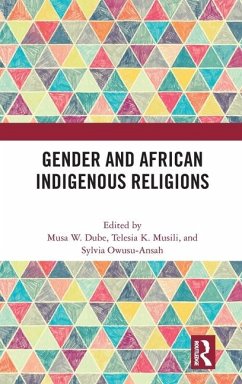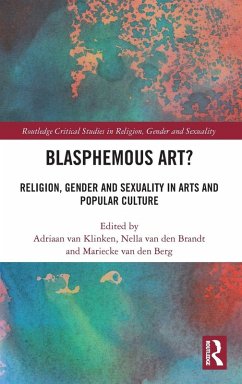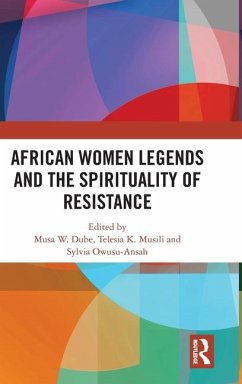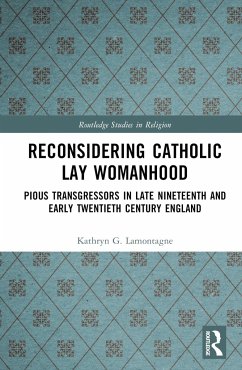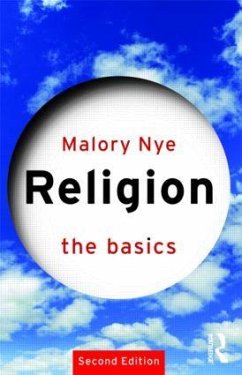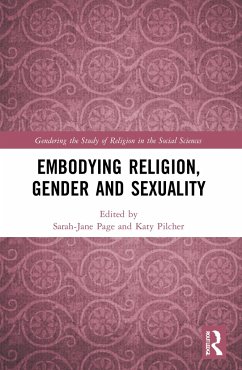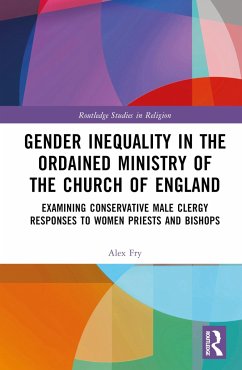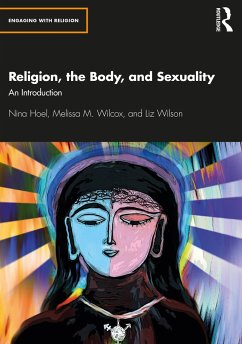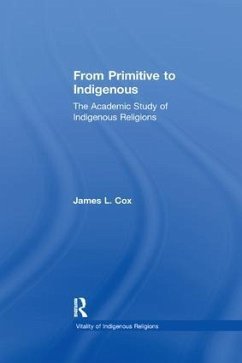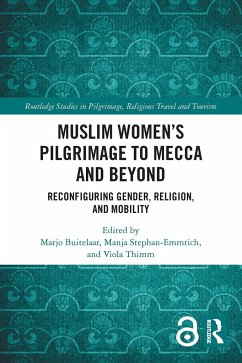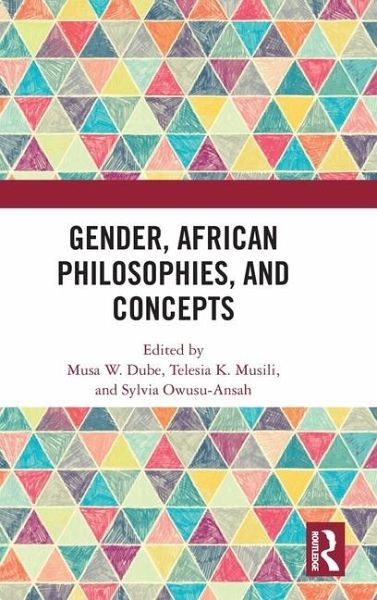
Gender, African Philosophies, and Concepts
Versandkostenfrei!
Versandfertig in 6-10 Tagen
154,99 €
inkl. MwSt.
Weitere Ausgaben:

PAYBACK Punkte
77 °P sammeln!
This volume sets out to explore, propose, and generate feminist theories based on African indigenous philosophies and concepts. It investigates specific philosophical and ethical concepts that emerge from African indigenous religions and considers their potential for providing feminist imagination for social justice-oriented earth communities. The contributions examine African indigenous concepts such as Ubuntu, ancestorhood, trickster discourse, Mupo, Akwaaba, Tukumbeng, Eziko, storytelling, and Ngozi . They look to deconstruct oppressive social categories of gender, class, ethnicity, race, c...
This volume sets out to explore, propose, and generate feminist theories based on African indigenous philosophies and concepts. It investigates specific philosophical and ethical concepts that emerge from African indigenous religions and considers their potential for providing feminist imagination for social justice-oriented earth communities. The contributions examine African indigenous concepts such as Ubuntu, ancestorhood, trickster discourse, Mupo, Akwaaba, Tukumbeng, Eziko, storytelling, and Ngozi . They look to deconstruct oppressive social categories of gender, class, ethnicity, race, colonialism, heteronormativity, and anthropocentricism. The book will be of interest to scholars of religion, philosophy, gender studies, and African studies.





